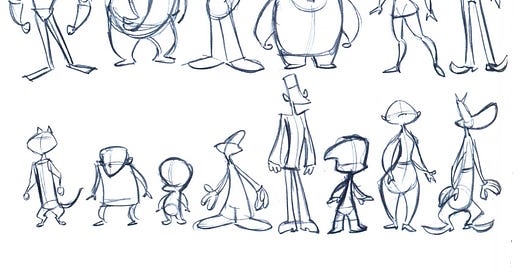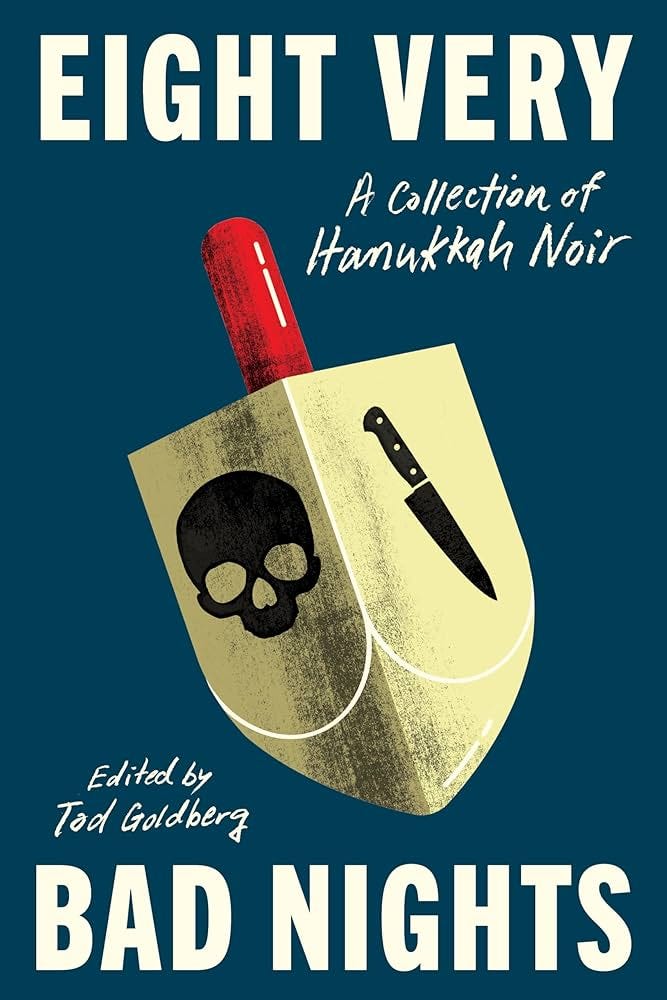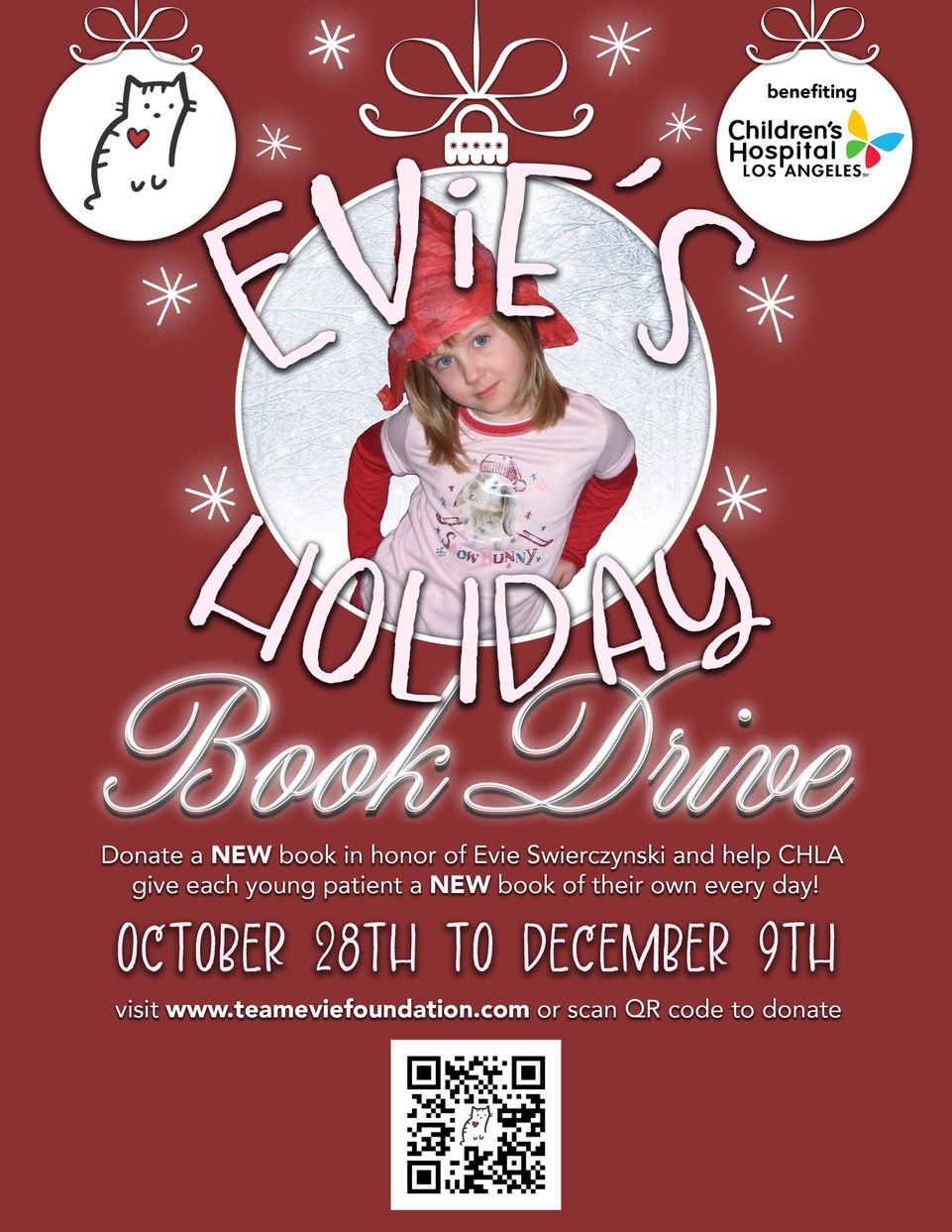#25: Questions of character
Talking about when when a supporting character gets her own spotlight, plus the anthology EIGHT VERY BAD NIGHTS, which is out today
It’s funny how often writers are asked “where do you get your ideas,” but almost never “where do your characters come from?”
As writers, we don’t just tell stories; we create characters to inhabit our worlds. No matter how finely crafted your plot, or how lyrical your prose, the heart of every tale is in character.
We start reading for story, but we keep reading for the characters.
I think of this because, when I met "Crash" Landing, she didn't even have a name.
It was toward the end of the first Henry Malone novel, MIDNIGHT LULLABY. Henry and Sheriff Matt Simms were setting up to catch the bad guy at a diner, and the story required a female deputy in disguise as a waitress. In reality I suppose she didn't need a name; she just needed to turn around and be holding a gun.
A few years later, I started work on THE RIGHTEOUS PATH, the novel that features Simms as the lead, and I wanted a chief deputy character for Matt to play off. "Crash" Landing started out as male, but about a quarter-way into the book I saw the mentor-mentee relationship between Matt and that version of Crash was too similar to Jesse Stone and "Suitcase" Simpson in Parker's Stone novels. (To be fair, if Henry was my take on Spenser, Simms borrowed more than a little from Jesse already.) I remembered the female deputy from MIDNIGHT LULLABY and decided to make her Crash, which not only shifted the character dynamics but also gave the chance to explore a young woman navigating the travails of being a rural law enforcement officer.
Thus, Charlotte "Crash" Landing was born. I modeled her after my editor at the time, who was from Texas and possessed both a sharp wit and no tolerance for BS. Because both Henry and Matt were older men hardened by the world, I made Crash mid-twenties and lacking in cynicism. She wouldn't be naive, but rather someone who simply chose the more optimistic path.
Crash played in a significant role in two more Henry Malone books—BEHIND THE WALL OF SLEEP and BECAUSE THE NIGHT—where I got to know her better. She was empathetic and thoughtful, funny and considerate. She called Henry out on his poor decisions, and she refused to revel in darkness. Crash become someone who went forth with her whole heart open to the world. I loved every scene I wrote her into, and looked for reasons to tell more stories about her.
Last year when Tod Goldberg asked if I'd contribute to his collection of Hanukkah-themed noir, EIGHT VERY BAD NIGHTS, it was an offer I couldn't refuse; he is known as "the Todfather," after all. But also, I knew Tod would draw an assortment of top-tier talent, and any story I could produce would be in pages beside award-winning and best-selling writers.
No pressure, just so you know.
Problem was, I couldn't figure out what to write. I had no shortage of ideas, but nothing felt right—until I found a fragment of a story I had started and then quit. It was originally set to involve Henry, when the plan was to make him the sheriff of Parker County at the end of BECAUSE THE NIGHT. The story never clicked, though, and, well, Henry quit the race anyway, which left Crash as sheriff.
The idea wasn't much: A phone call in the middle of the night, leading to the discovery of a body. It could have gone anywhere. In theory, it would have worked with Henry as the protagonist. But for whatever reason, Crash had to be the person answering the call.
It also made sense to have Taylor Davies, the Black FBI agent she meets briefly in BECAUSE THE NIGHT, be asleep next to her. As this story’s start, Crash and Taylor have been in a relationship for a brief time. While Taylor wouldn't be a part of the investigation, I knew she'd be vital to the story. Taylor's experience and distrust of people would sit in opposition to Crash's own hopeful beliefs.
Now I just had to write the damned thing.
Which I did, and ended up titling “Twenty Centuries,” inspired by the poem “The Second Coming” by William Butler Yeats.
(I can never quite abandon my Robert B. Parker influence completely, it seems, since Parker drew upon the same poem for titles to two novels: CEREMONY and THE WIDENING GYRE.)
The most important thing a writer can do is ensure they're writing about the right characters in the right story. Knowing it is their decisions which drive readers to keep turning pages. It’s about trusting your gut and remaining true to the character. These aren’t intellectual decisions, either; you’re operating off of a pure instinct you have to hope is right. Eventually you do come to understand when it’s you making the decisions or the characters making them, and it should always be the characters.
In retrospect, this particular story could never have worked with Henry. The things which clicked came organically because of Crash. The necessary darkness of the story had to be balanced by Crash’s personality, her hopefulness in contrast to the darkness around her.
I'd hoped to find the right spotlight vehicle for Crash, and I’m thankful for this chance to revisit her, to help to see again all the things I love about her. I hope to write about her again soon.
"Twenty Centuries" is out today as part of EIGHT VERY BAD NIGHTS, available at all of your book-buying locations. It's also included in the November/December issue of ELLERY QUEEN MYSTERY MAGAZINE. If you enjoy the story in one format, I hope you’ll seek it out in the other, where it’s alongside so many other incredible stories by wonderful authors.
#TEAMEVIE
The Evelyn Swierczynski Foundation supports Children's Hospital Los Angeles and the CHLA Literally Healing program through fundraising and outreach events. It is named in honor of Evie Swierczynski, daughter of crime novelist Duane Swierczynski. Evie lost her fight to Acute Myeloid Leukemia on October 30, 2018.
Since its first book drive, the foundation has donated more than 12,000 books to CHLA. It's just kicked off its annual drive, scheduled through December 9. It's an opportunity to keep Evie's spirit alive while also supporting children and families going through an impossibly difficult time in their lives. Please consider donating.
That’s all we’ve got for now. Thanks for coming. See you next time, and hey, let’s be careful out there.








It also works the other way around. I wrote a short story with Deputy Sheriff Mae Rollins and she was so present, I needed to give her another stroll in the limelight - I've written 2 more shorts with her since, but she gets to co-star in a book now, and it makes me happy. Some characters just have the shoulders for it.